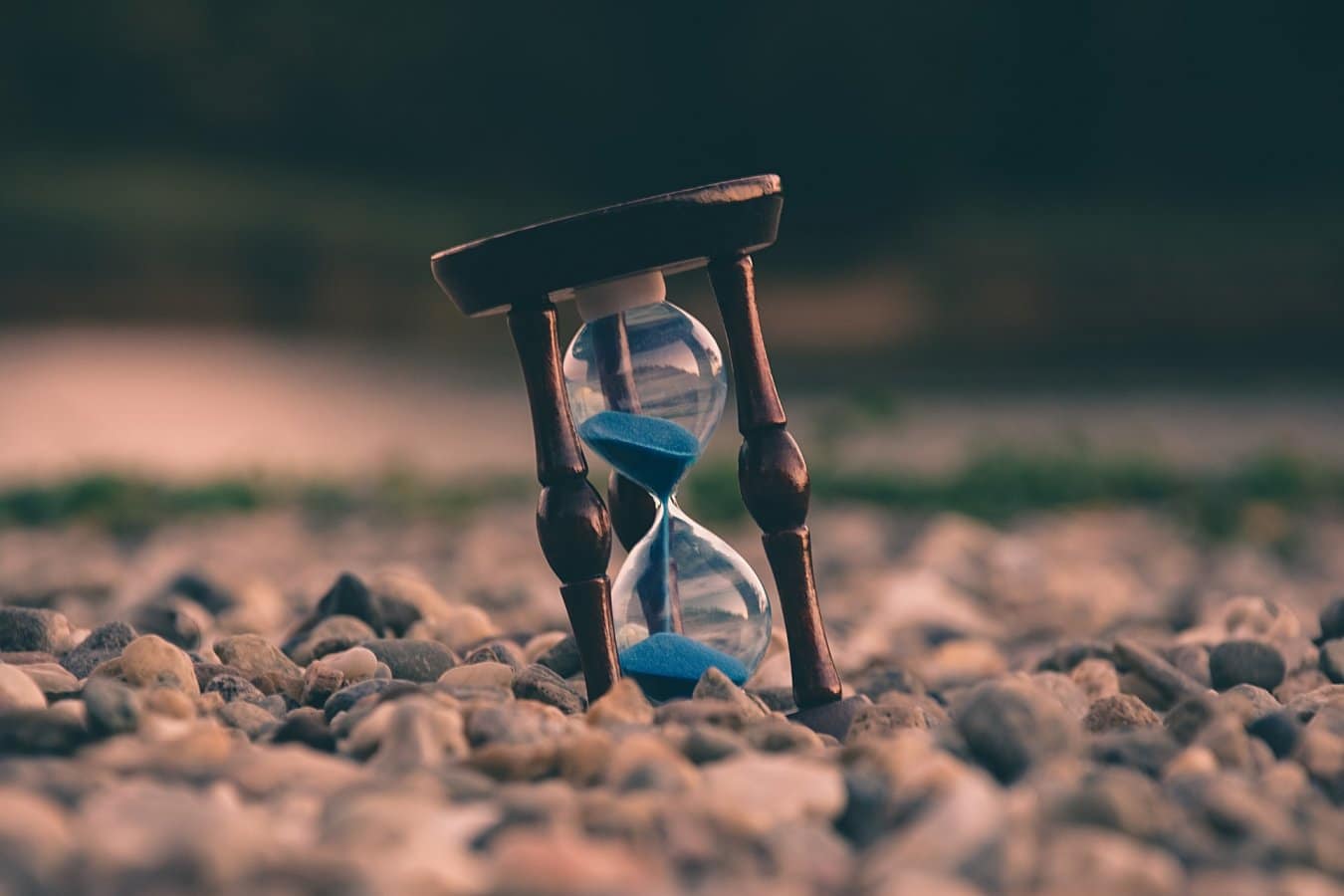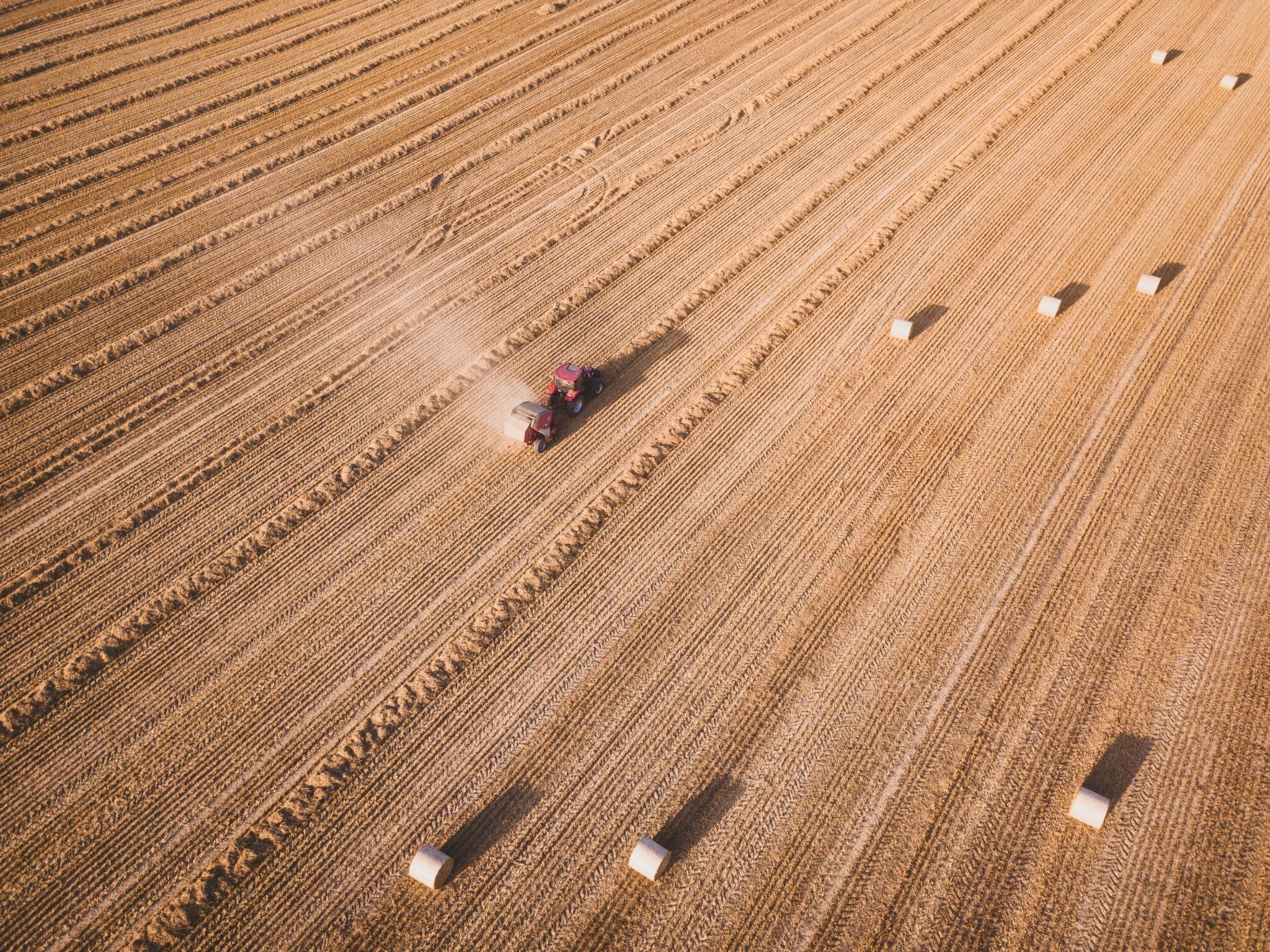When a bird dies an untimely death, it’s always a sad event. But what’s the difference between a leopard pouncing on an unsuspecting Helmeted Guineafowl, and an Albatross killed by a fishing hook? For each bird individually, it doesn’t really make a difference. But for bird conservation, it changes everything.
The predation of the unfortunate guineafowl is a natural occurrence, part of the ecological web of life. However, a seabird getting caught in fishing gear is part of a man-made system that kills 300,000 seabirds every year – along with many other creatures. In terms of natural history, it’s an extremely recent phenomenon – and one that is entirely avoidable.
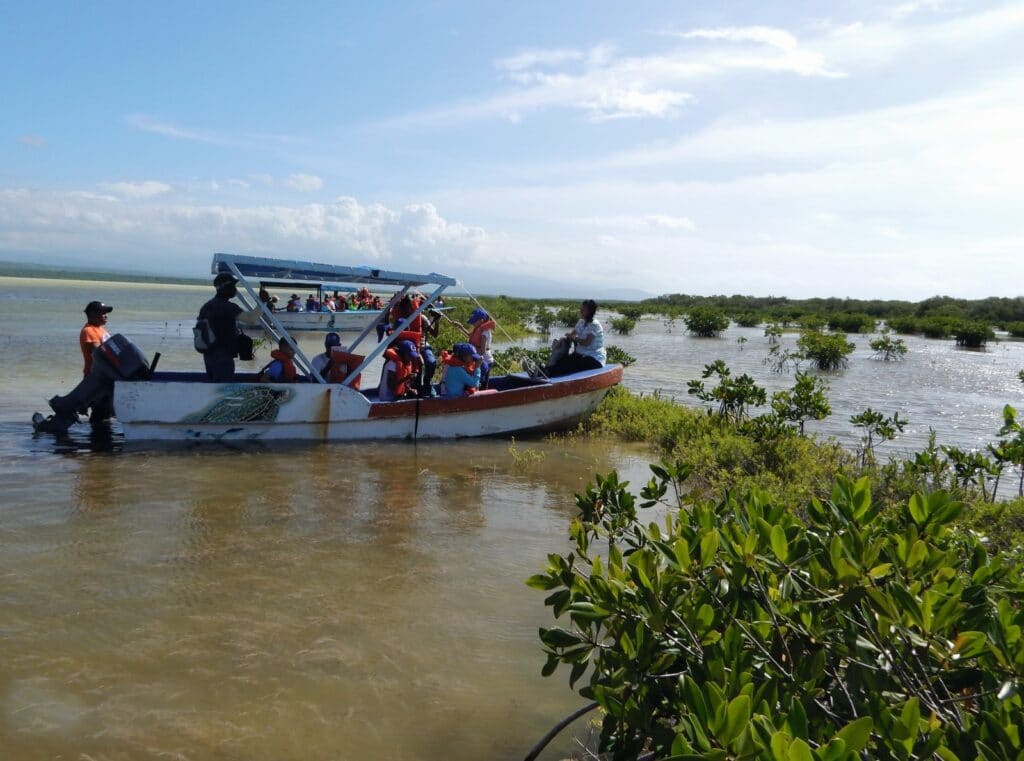
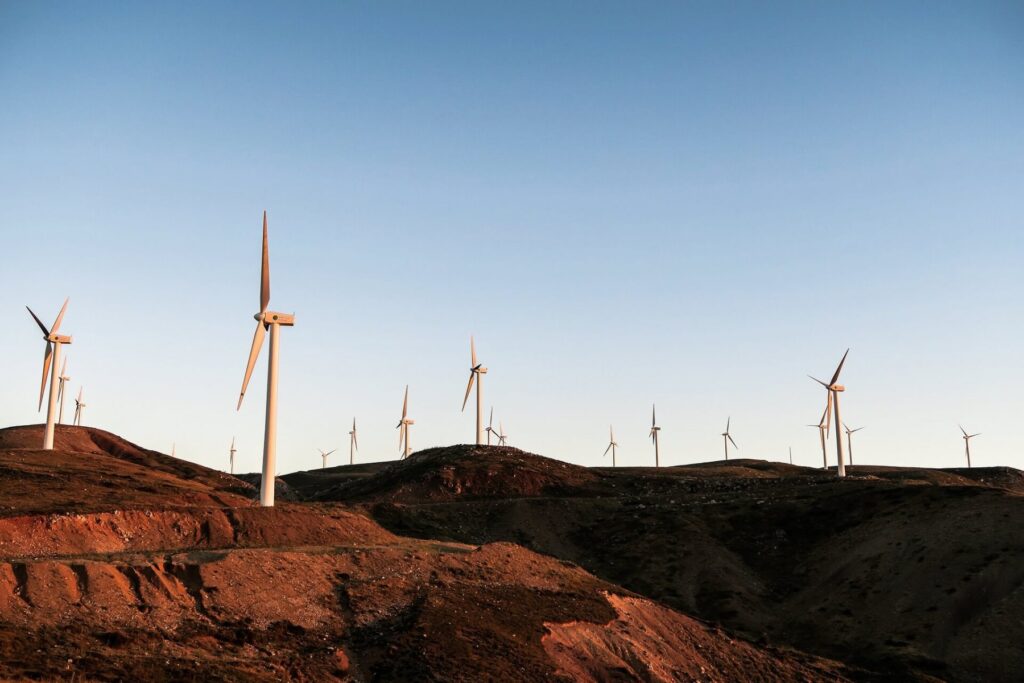
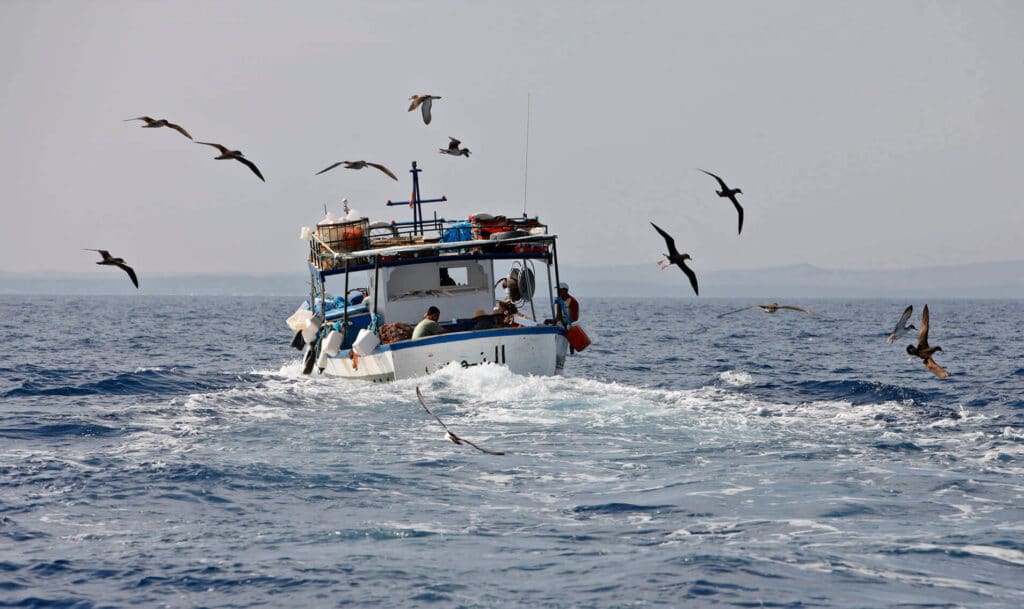
On our planet, there is a specific set of man-made systems which are driving the rapid destruction of our natural world. At BirdLife, we are determined to change these systems for the better, to make them work for people and nature.
Intensive farming and land use change
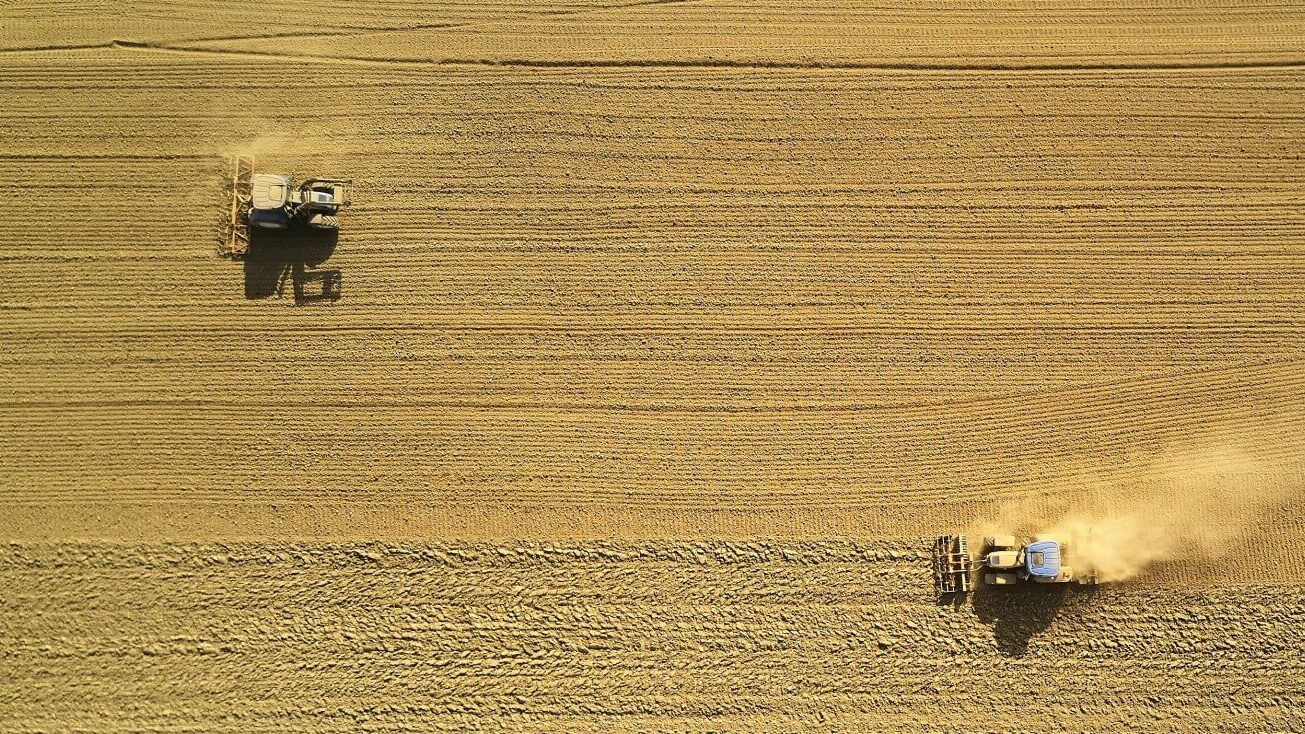
“In Europe we have lost 57% of farmland birds in just 40 years.”
In Europe, we have lost 57% of farmland birds in just 40 years. How? The ponds, trees and hedges that once laced small family farms have all but disappeared; taken over by massive, pesticide-laden mega-farms which leave no space for natural habitats – no space for life. What’s more, this intensive farming system is subsidized by public money. Another system is possible: one that pays farmers to make space for nature, empowering them as stewards of the Earth.
Intensive fishing
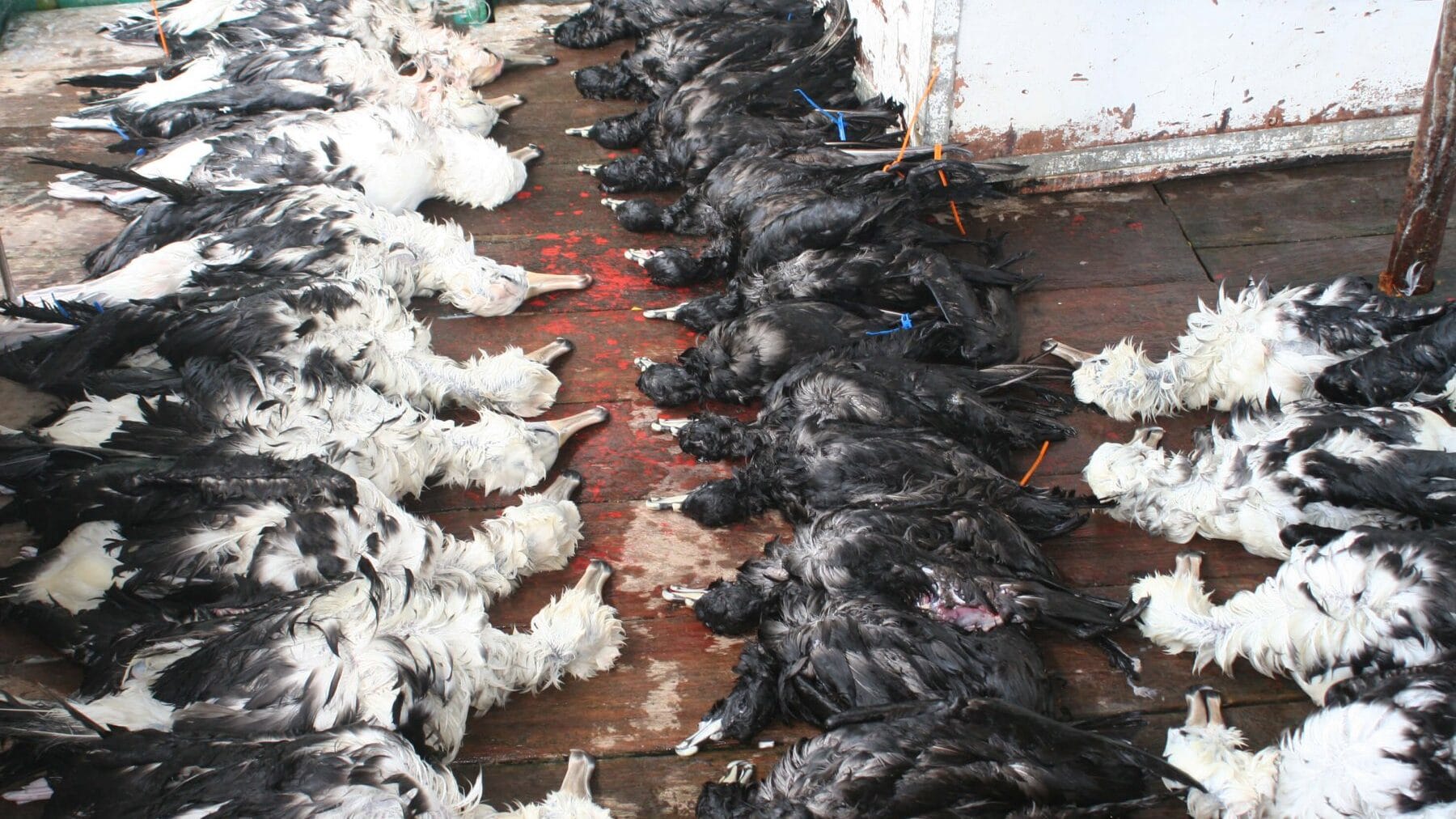
The way the fishing industry works today is not sustainable. It’s the opposite. Not only are the species that are being fished declining at an alarming rate; other species that are caught by “accident” – many of them birds – also suffer a tragic fate. Marine life is in danger. The good news is that it’s entirely preventable. Less harmful fishing methods and tools are available. They should be subsidized with the public monies that now support expanded industrial fishing fleets which are destroying our marine environment.
Forestry

The world’s forests, on top of being the Earth’s lungs, are home to rich and diverse wildlife, including a large number of feathered creatures. Catastrophically, they are under attack. Destroyed to make space for cattle grazing or to burn trees for “bioenergy”, the decimation of our forests is fueling the joint biodiversity and climate crises. In some parts of the world, such as the European Union, bioenergy is falsely branded as sustainable, and is subsidized by public money. Our money should support the protection of our forests – not their burning.
Finance
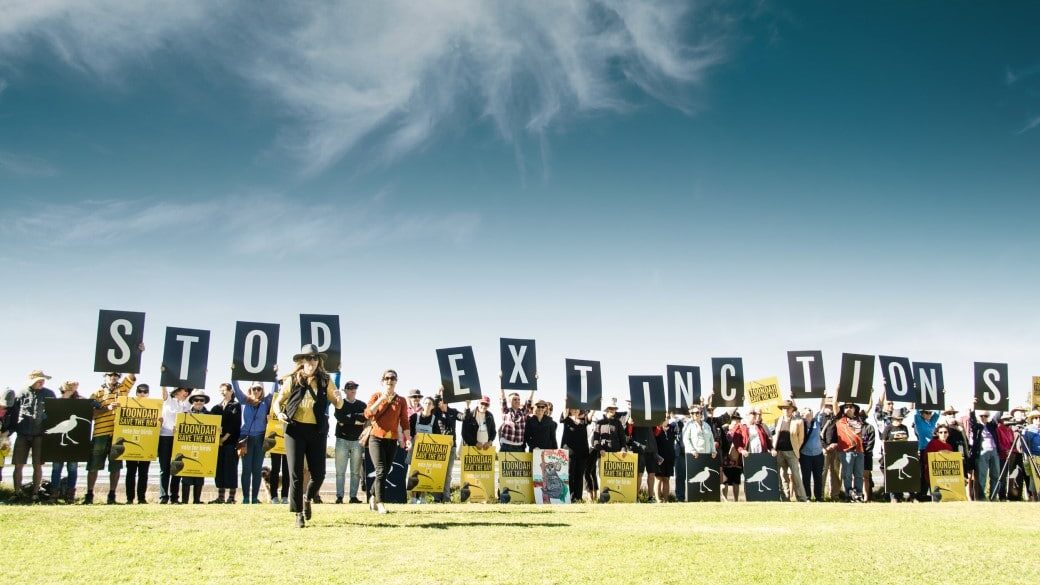
This is the driving force behind all systems. If it weren’t for harmful subsidies, our land and sea would be in a much better state. We must change the direction to which the money flows, be it public or private – as that determines what gets done. And while those at the top make high profits, most of the people working in these systems are simply trying to make a living. We need to engage in a just green transition for farmers, fishers, and forestry workers to ensure a livable future for both people and nature.

